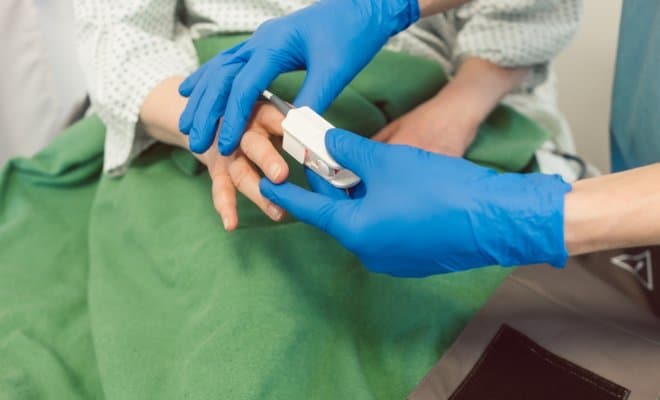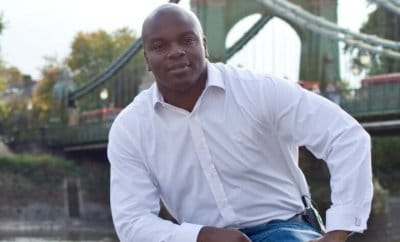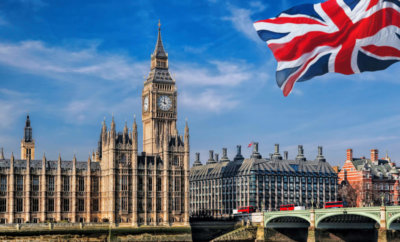Health
New Law May Increase Organ Donation Among Indian Community in UK

Representational Image
Photo: Bigstock
Under the new law, everyone will be considered an organ donor unless the person is registered as a non-donor with the UK National Health Service.
The UK government’s recent move to change the laws related to organ and tissue donation is likely to bring help to people of Indian origin who are awaiting organ donation.
Under the new law in the United Kingdom, everyone will be considered an organ donor unless the person is registered as a non-donor on the website of the National Health Service (www.organdonation.nhs.uk). The opt-out system will come into effect from 2020.
The black, Asian and minority ethnic (BAME) communities in the United Kingdom make up nearly a quarter of the numbers waiting for life-saving transplants, even though they constitute only 11 percent of the country’s population, according to the report, “Organ Donation: Breaking Taboos Amongst British BAME Communities,” that was commissioned by the Winston Churchill Memorial Trust. Deeply-entrenched cultural and religious beliefs of BAME communities cause the hesitation toward organ donation, the report said.
As per NHS records, 21 percent of people who died on the organ donation waiting list in the United Kingdom last year came from a BAME background, compared with 15 percent a decade ago, according to an earlier Guardian report. Family refusal continues to be the biggest obstacle to organ donation among Asian communities in the country, according to PTI.
Only 7 percent of donors last year were from BAME backgrounds, with Indians accounting for just 1.9 percent of the NHS Organ Donor Register (ODR), the news agency reported, citing NHS records.
The UK government had last month launched a campaign to increase organ donation rates within BAME communities by raising awareness and breaking down barriers to donation.
“While it is encouraging that more black, Asian and ethnic minority families are supporting donation – making more lifesaving transplants possible – change is not happening fast enough and too many lives are being lost,” Anthony Clarkson from NHS Blood and Transplant said in a statement when the campaign was launched. “Although many black, Asian and ethnic minority patients are able to receive a transplant from a white donor, others may die if there is no donor from their own community,” he added.
Only about half as many BAME families support organ donation compared with white families, a recent report from NHS Blood and Transplant (NHSBT) showed.
Less than 5 percent of blood donors last year were from BAME communities, a review into BAME blood, stem cell and organ donation, overseen by a group of Labour MPs, revealed, the BBC reported in June this year.
More than 30 percent of people on kidney waiting lists are from minority communities, and organ donation rates have barely improved since 2008, the Guardian reported, citing Kirit Mistry, the co-chair of National BAME Transplant Alliance.
“Organ donation is of course a deeply personal choice, and for many, their faith will play an important factor in their decision,” Jackie Doyle-Price, UK’s Parliamentary Under Secretary of State for Mental Health and Inequalities, was quoted as saying by PTI.
“We want to make it much easier for people to record and share their decision with friends, families and to NHS staff so that can be confident their wishes-whether or not they choose to donate-will always be respected,” she added.
The new changes in organ donation law will be named after Max Johnson, a 10 year-old-boy who survived after receiving a heart transplant in August 2017. He had to wait for months to get an organ donor.




You must be logged in to post a comment Login